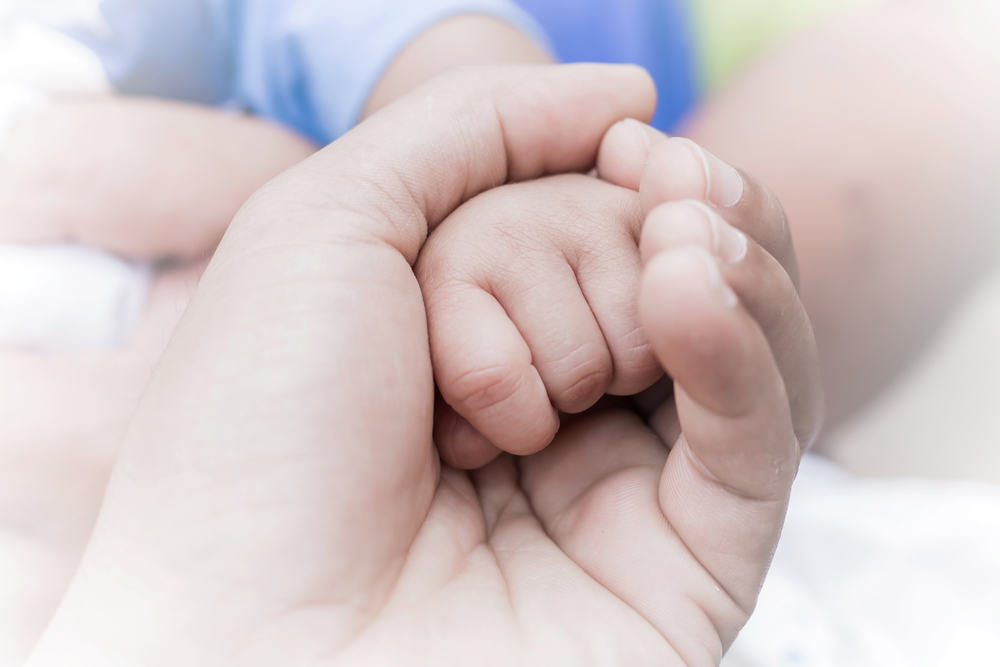Contents:
- Medical Video: The Location of Your Bellyache Tells a Lot About What’s Happening with Your Health
- What is fetal distress?
- What can be the cause of fetal distress?
- How do you recognize the characteristics and signs of a womb in a problem?
- What can I do to reduce fetal distress?
Medical Video: The Location of Your Bellyache Tells a Lot About What’s Happening with Your Health
Pregnancy is not something easy. Many certain conditions that can endanger the life of the fetus. This might occur in an unhealthy pregnancy. One of them is a fetal distress condition. Fetal distress conditions may occur during labor, but may also occur in the third trimester of pregnancy. You must be careful so that your baby is born safely. Then, what is really bad for the fetus?
What is fetal distress?
When a doctor or midwife sees signs that the baby is not in good condition during pregnancy or cannot cope with what happens during childbirth, this is called fetal distress. Fetal distress or also commonly referred to as worrying fetal status is common. About one in four births can experience a fetal distress condition.
Fetal distress can occur when the supply of oxygen from mother to fetus is disrupted. The disruption of oxygen flow to a baby in the womb can result in a decrease in the baby's heart rate. This usually occurs during labor, but sometimes it can also occur in the third trimester of pregnancy. Fetal distress can also occur due to the effects of existing pregnancy complications, such as preeclampsia.
What can be the cause of fetal distress?
Your baby can be in a fetal distress condition, if:
- Babies are smaller than gestational age. This usually happens when the baby does not get enough oxygen he needs from the placenta.
- The baby has exceeded the normal gestational age, meaning the baby has not yet been born even though the gestational age is more than 42 weeks.
- Babies have rhesus sensitivity.
Complications during pregnancy can also lead to fetal distress conditions, such as:
- Preeclampsia which can affect the function of the placenta
- Amniotic fluid is too much or too little
- Maternal illness during pregnancy, such as gestational diabetes or high blood pressure
- You experience placental abnormalities, such as abrupt placenta
- Umbilical cord compression, the umbilical cord of the mother is depressed so that the blood flow from mother to fetus is disrupted
- Infection of the fetus
- Twins pregnant
- You are 35 years or older while pregnant
How do you recognize the characteristics and signs of a womb in a problem?
Feeling the baby's movements in your stomach is a happy thing. This can also be a sign that your baby's condition in the womb is fine. Therefore, feel good about every move your baby makes. It is normal for you to feel any change in movement that the baby produces when it approaches the time of birth. This is because babies have less space in your womb.
Babies with good conditions in the uterus have a stable heart rate and can respond to stimuli with the right movements. Meanwhile, babies who are experiencing a fetal condition can show signs, such as:
- Decreased heart rate
- The baby's movements are declining, or not even moving at all
It is important for you to pay attention to the number of kicks of your baby. Many doctors recommend that you normally feel your baby's kick as many as 10 kicks within two hours.
If you feel a negative change in motion from your baby, you should immediately contact your midwife or doctor. Your doctor may check your baby's heartbeat and do an ultrasound on you to find out your baby's growth.
What can I do to reduce fetal distress?
If you feel your baby's movements are declining or the baby's heart rate is declining, you can do the following while your doctor is doing his job.
- Lie on the left side to reduce the pressure in your uterus. This can prevent reduced blood flow to the placenta and your baby.
- Try to calm down and relax.
- Drink plenty of water to maintain your body's hydration.
- Make sure you get enough oxygen.
If your baby still shows signs of fetal distress (such as reduced fetal movement or very little oxygen), maybe your baby needs to be born as soon as possible. If your cervix is fully dilated, you may be able to give birth vaginally or give birth normally with help. However, if this is not possible, your baby may need to be born by caesarean section.












